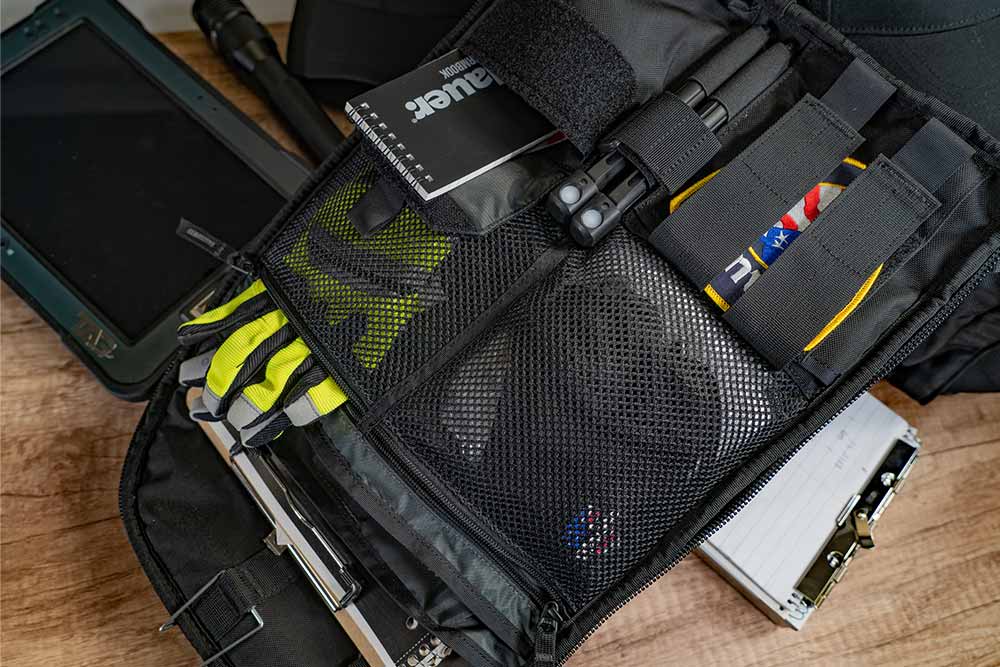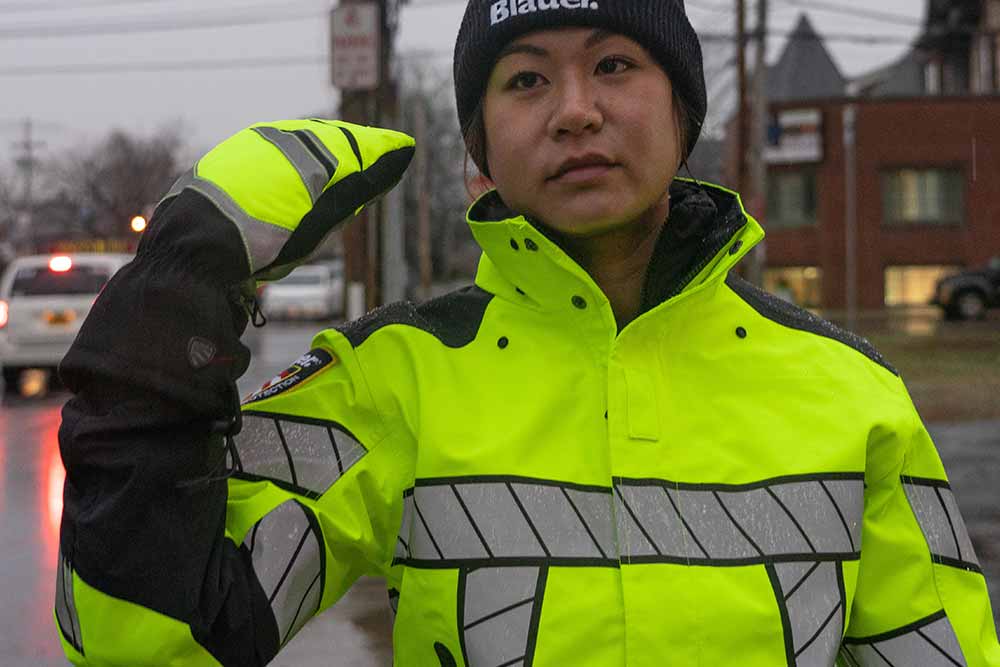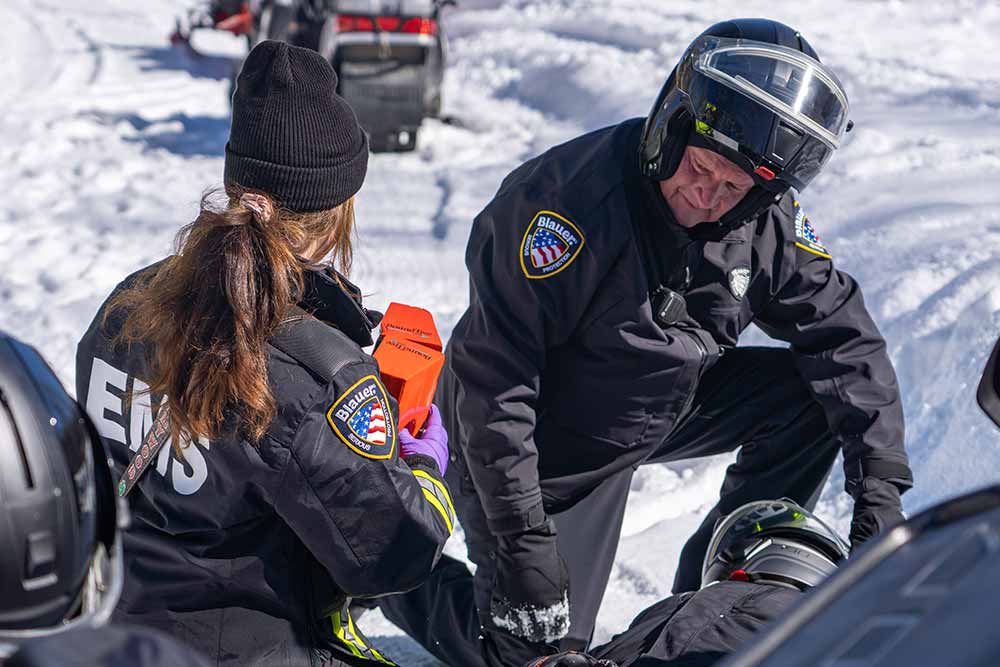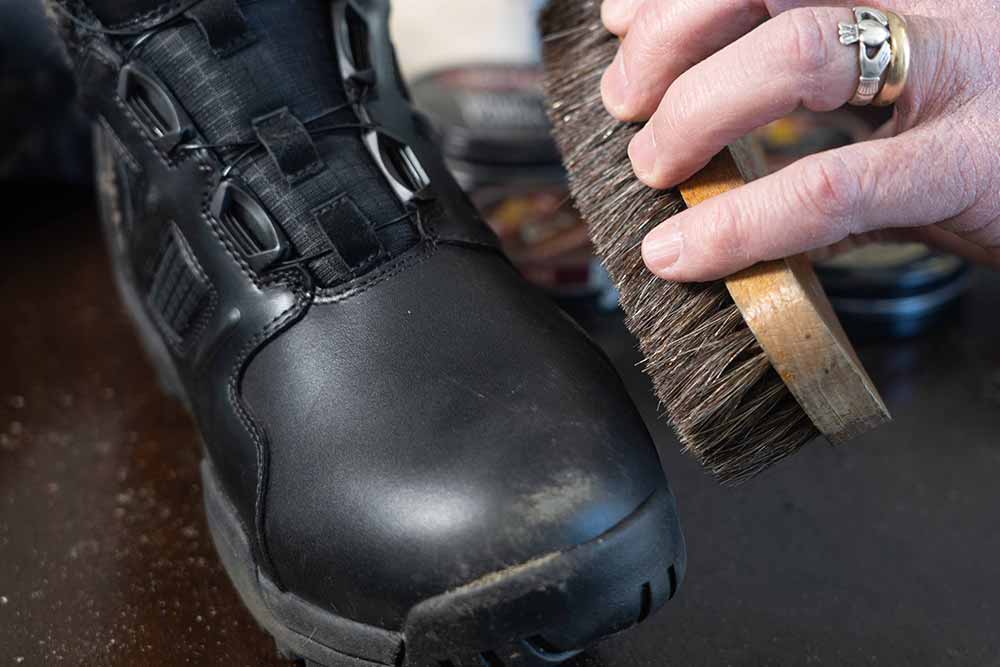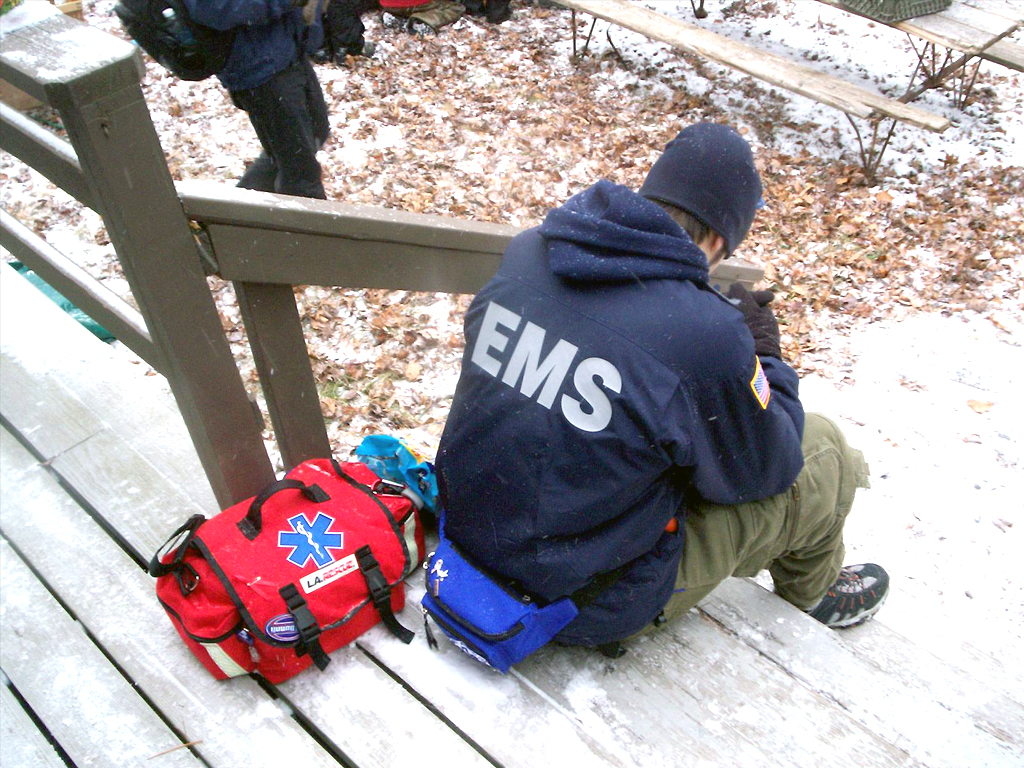

We’ve all seen it. A news story comes on about a recent public safety incident, and while police and fire are mentioned, EMS is completely left out except for maybe a shot of an ambulance on scene. Now, while none of us does what we do for recognition, for a lot of us things like this still sting pretty sharply. We are, after all, out there on scene helping to prevent disability and to (sometimes) save lives, but more importantly than that, we in EMS are a key component of any public safety response in which we are involved – sometimes the key component given the call nature – and the time has long since come and gone when we should be recognized for the role we play in serving the public.
Unfortunately, however, we still often find that we’re left on the backburner, even when it comes to those most serious of incidents, and as a result oftentimes feel as though we are “the forgotten” when it comes to public safety in the US. (For instance, we still don’t have a national memorial to our fallen in Washington, D.C., although a serious effort is underway and nearing its goal – click to learn more.)
Does Recognition Equal Legitimacy?
Anyone who’s been an EMT or Paramedic knows that it is an increasingly serious profession. As time has gone on, the level of education required to get your ticket, and keep it, has become more and more involved as our scope of practice has expanded. What began honorably as a means to simply get someone to the hospital has, in many instances, evolved to become nearly the equivalent to a mobile ER – especially when those providing the care are truly dedicated to knowing as much as they can, as is the case with many among our ranks.
The public, however, may not actually be getting that picture based upon how we continue to be portrayed by many in the media – if we’re not outright ignored, or called “ambulance drivers” (don’t get me started), that glancing mention of EMS being on scene conveys no more than our original role of being people-movers. Most folks don’t even know, as a result, that there’s any difference at all between the terms “EMT” and “Paramedic,” something which many of our ALS members understandably find a bit irksome after dedicating a year or more to getting the title. In a way, by putting us aside as being the “third” service due to being the most recent to be codified as a component of the public safety system, those media folks make a decision to relegate us to the minor leagues, despite a performance and importance level which should place us solidly in the starting lineup of the majors.
Knowing Who We Are
We mostly tell ourselves that none of the above really matters, and rightly so – in the end, our role, and our pride, is to help prevent death, disability, and trauma (emotional as well as physical – sometimes the best thing we can do for someone is make something less of an emergency for them.) Still, even among the most seasoned of us, there is in many cases at least a small longing to be ranked as equals and respected in the same vein that we call police officers the “finest” and the fire folks the “bravest.” Perhaps EMS’ claim to one-word fame could come through that enormous effort that most of us place on knowing as much as possible in order to be able to get our patients to their best outcome: we are “The Dedicated.”
That appellation rings true in every sense of the word, because as healers, we perform our role regardless of who we meet, or what their position in society is. I’ve taken gang members who shot Boston cops to the hospital, and innocent victims alike – and in neither case did my treatment, nor that of any of my coworkers, vary at all. We exist to care for all, regardless of their actions or circumstance, and in that sense, I would argue that we actually perform public safety service in its purest form, because there’s no filter on the reality that we see and treat – people don’t change who they are, as they do with the police, or run out of the building immediately to get out of the way, as they often do when they see bunker gear. We are a through-and-through one-to-one connection experience by necessity for our patients, because it is impossible to treat someone without connecting or at least conversing with them individually at some level – and thanks to the nature of the role we perform, we are afforded the luxury of seeing their lives as they are actually lived as a result.
Though Others Don’t See
Even if it is our fate to be relegated to the sidelines of public opinion, at least for a little while, it’s always worth remembering that our value, and that which we should rightly take pride in, comes through that one-to-one connection that we just talked about. The next time someone calls you an “ambulance driver,” keep in mind that even if that were all that we did, we still made an educated and informed choice about where to take that patient to ensure their best outcome (see: the Golden Hour.)
Every small decision that you make, and each thing that you pick up on as a result of being one of The Dedicated has the potential to make a huge difference (or even a little one, which are sometimes more significant) in the course of someone’s life. My most memorable call wasn’t an MCI, or the riots after the Red Sox won the series in ‘04, or even that ROSC after an unwitnessed arrest – it was the time when I figured out that the DK “man down” who fell over wasn’t just drunk, but had an occipital bleed, because it made me realize the truth: we in EMS are here, and have chosen to do what we do, because we have the chance to see beyond the stereotypical roles for which we might otherwise be recognized, and reach out to engage the common thread of humanity which binds all of us together at our core level. So keep your head up the next time you see an EMS crew working an arrest on TV with an anchor obliviously praising the efforts of the “Fire Department,” because for your patient, you were the one who made the actual difference – even if nobody else ever knows.
____
Greg Bogosian is certified as a Reserve/Intermittent Police Officer by the Commonwealth of Massachusetts, and spent twelve years working as an EMT-Basic, including four years as a field EMT and dispatcher for the City of Boston EMS. He was additionally a member of a Federal medical disaster relief team for ten years, with experience responding to the aftermath of Hurricane Katrina, and the pre-deployment of resources for Hurricane Ike. Greg currently has a passion for educating public safety professionals about matters which impact their lives every day, and welcomes feedback and suggestions in the spirit of ensuring that best practices make it out there for all to benefit from.


